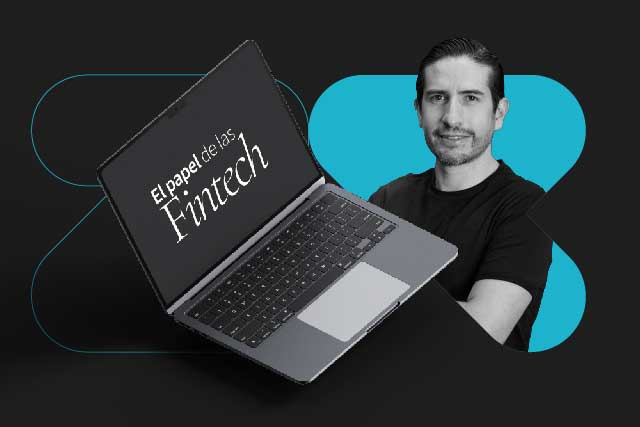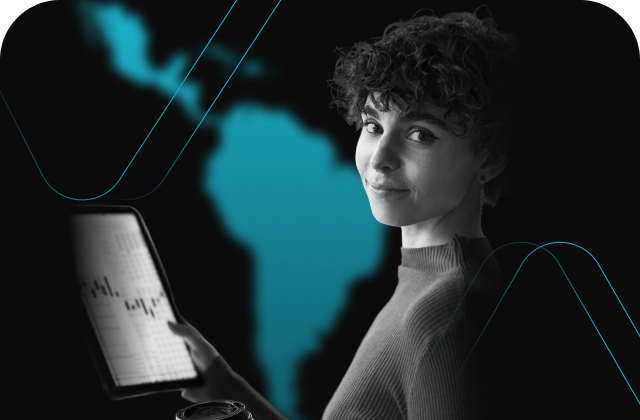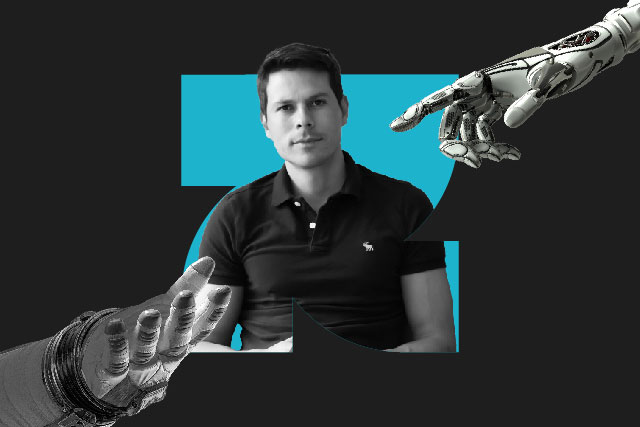Approximately 14 years ago, a financial collapse triggered a turning point that would subtly evolve the financial industry.
But the real shift began in 1956 when the term was introduced, and discussions began about something that sounded very geeky yet powerful: artificial intelligence.
The timing wasn’t right; there wasn’t the computing power or the right approach to visualize results as we do now. It took several years for a different approach to emerge that challenged Polanyi’s paradox (Google this, it’s worth it), and for more powerful computing capacity to become available, doubling every two years according to Moore’s Law (if you have time, you can stalk it on Google too).
For this reason, we’re becoming increasingly familiar with the term machine learning. Although as end-users, we often don’t see it, our digital behaviors are part of these algorithms.
But this is sounding a bit technical.
Let’s simplify. Stop Googling.
Supervised machine learning algorithms use historical information to make future predictions. It’s that simple. It’s about making machines learn from examples.
But what does this have to do with the article title?
As mentioned earlier, in 2008 there was a financial collapse, and institutions began to emerge that deviated from the usual format. Visionarily, Satoshi Nakamoto (don’t look him up anywhere; nobody knows who he is to this day) launched a Peer-to-Peer digital money system. But let’s not talk about cryptocurrencies.
I want to show you how companies have disrupted the financial system through Fintech.
For example, Square, an American company founded in 2009.
It worked as a payment aggregator that allowed merchants to accept card transactions without having to open an account at a bank. It was simple; you connected a device to the top of your phone and you were good to go. Today, more than 64 million businesses use Square.
This is achieved thanks to today’s technology and entrepreneurs (or visionaries) who see underserved markets. This is the goal of some Fintech companies: to target niches that have not been explored by large financial institutions.
These Fintech companies are super smart because they have automated processes, are cheaper, and much more efficient than conventional institutions. Some of the big players, the size of Scotiabank, have made masterful moves with them.
This is the story. Once upon a time, there was a company called Kabbage. A Fintech startup with 200 employees that had a model that allowed it to lend money to small businesses quickly, assessing credit risk using machine learning. A territory that had not been possible to enter in Canada and Mexico. So Scotiabank started flirting with Kabbage’s CEO, which ends in an unprecedented merger (courtship) that has allowed the bank to serve a market it had not been able to access before.

We create the digital tech team you need
We could talk about many more examples like Sofi, Venmo, Paypal, or Ant Group among others, but we would need a whole page, and this is just a column. Talk to the editor so he lets me write another column, and I’ll give you more examples.
This shows that Fintech startups and companies, being lighter and efficiently using technologies like machine learning, can capture markets overlooked by the traditional financial system. This technology was not accessible to everyone a few years ago, but now it is. And Fintech entrepreneurs and businessmen know it and are taking advantage of it. Brilliant.
Are they here to stay? Absolutely.
Colombians are visionary beasts, that’s why there are already Fintech companies on the global radar like ADDI, BOLD, MOVIIRED, R5, ZINOBE.
We will increasingly see simpler ways to receive instant loans, even if we don’t have a credit history. Credits based on our potential in the future and not on the past that we have experienced. Likewise, we will see many more platforms to transfer money than we already know, we will have more wallets without having bank accounts. I’m going to repeat it, WITHOUT having bank accounts.
We will have founders of disruptive Fintech startups competing with the banks in the region and listed on the New York Stock Exchange. Oh right, David Vélez already did it with Nubank.





